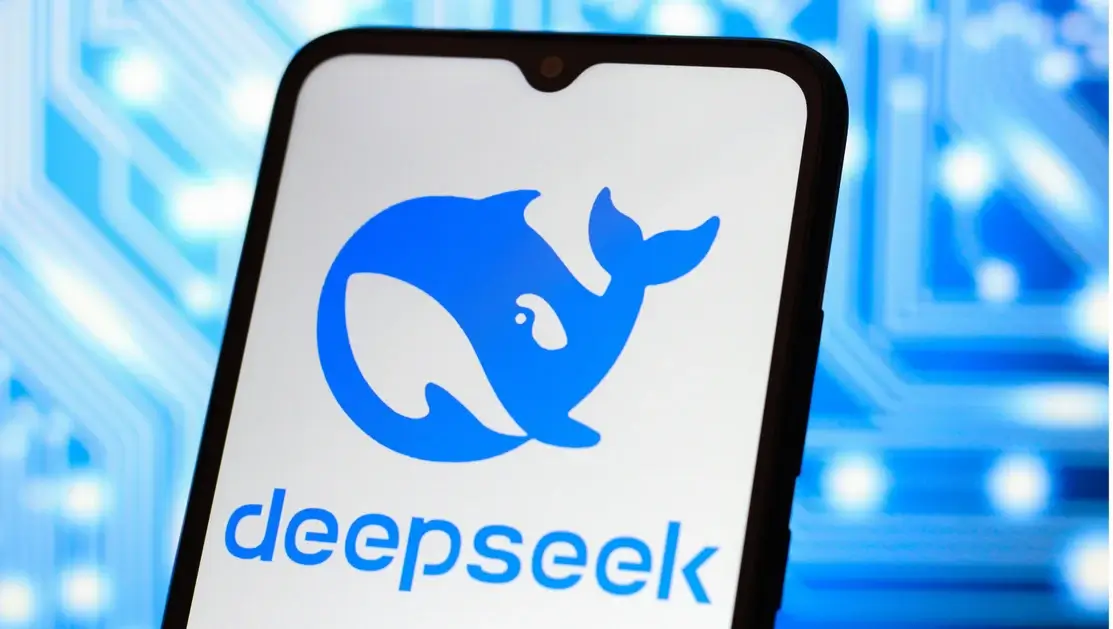DeepSeek AI, a Chinese startup founded in December 2023, has emerged as a noteworthy contender in the artificial intelligence landscape, shaking up the market with its budget-friendly approach. The company's innovative methods have allowed it to develop high-performance large language models (LLMs) at a fraction of the cost compared to industry giants like OpenAI and Google. This has not only rattled investors but also sparked a global conversation about the future of AI development and accessibility.
DeepSeek's most recent model, DeepSeek R1, released in January 2025, gained significant attention for its ability to match, and in some cases surpass, the capabilities of established models like ChatGPT, particularly in areas like mathematics, coding, and reasoning. What sets DeepSeek apart is its open-source strategy, offering developers and businesses the opportunity to download, self-host, and fine-tune models like DeepSeek-R1, DeepSeek-V3 LLM, and DeepSeek-Coder. This contrasts sharply with the closed systems of models like GPT-4 or Claude, fostering rapid innovation as developers worldwide can inspect, modify, and improve the underlying technology.
One of the most remarkable aspects of DeepSeek's rise is its cost-effectiveness. While companies like OpenAI invest hundreds of millions of dollars in AI model training, DeepSeek has reportedly developed its advanced AI models for under $6 million. This feat was achieved through innovative techniques, including pairing less sophisticated chips with Nvidia A100 chips and utilizing less memory than its rivals. This challenges the conventional belief that vast budgets and top-tier hardware are the sole drivers of AI advancement.
DeepSeek's pricing model further emphasizes its commitment to affordability. For instance, DeepSeek Chat 8B costs $0.20 per million input tokens and $0.60 per million output tokens, while the DeepSeek Chat 67B model costs $1.00 per million input tokens and $3.00 per million output tokens. In comparison, OpenAI's GPT-4-turbo costs $10 per million input tokens and $30 per million output tokens. This significant price difference makes DeepSeek an attractive option for high-volume users and those exploring AI without substantial upfront costs.
However, DeepSeek's ascent hasn't been without controversy. Some countries, including Australia and South Korea, have banned DeepSeek on government devices due to security concerns and a lack of clarity regarding user data handling. Despite these concerns, DeepSeek's impact on the AI landscape is undeniable. It has demonstrated that cutting-edge AI models can be developed with limited resources, potentially democratizing AI development and lowering barriers for new entrants. Its open-source approach encourages collaboration and innovation, while its cost-effective models make AI more accessible to a wider range of users and businesses.
As DeepSeek continues to evolve, it will be interesting to observe how it navigates the challenges of security and international relations while continuing to push the boundaries of AI innovation and accessibility. Its emergence as a budget-friendly AI challenger has undoubtedly injected fresh competition into the market, prompting established players to re-evaluate their strategies and accelerate their own innovation efforts.

















